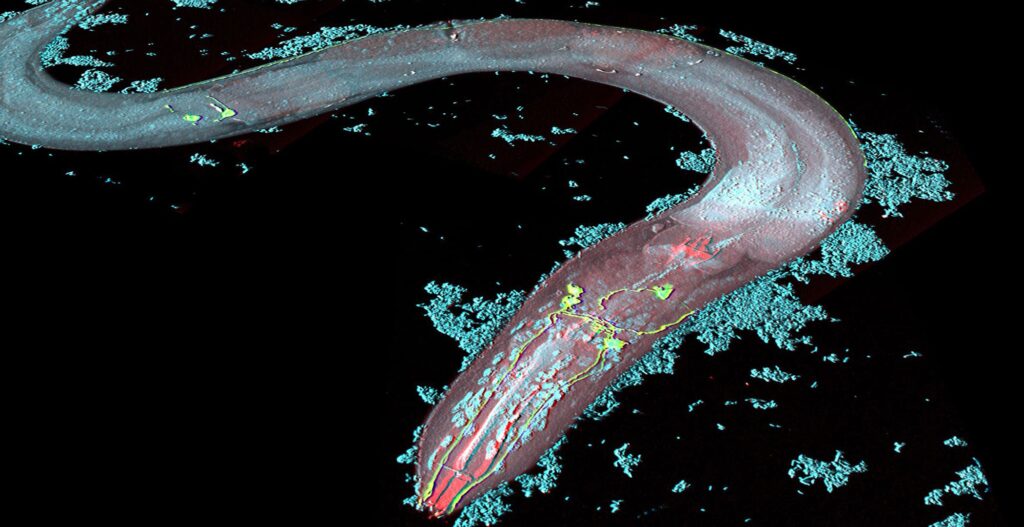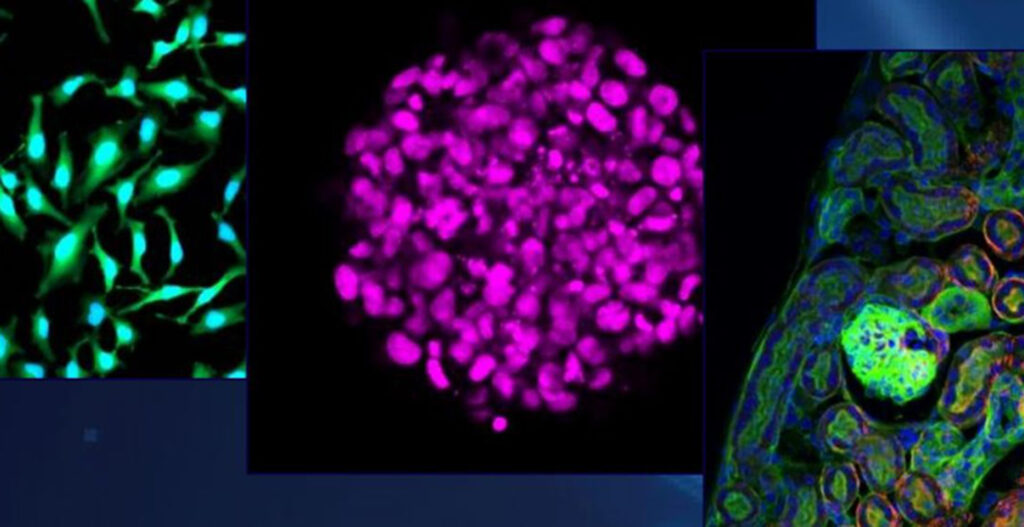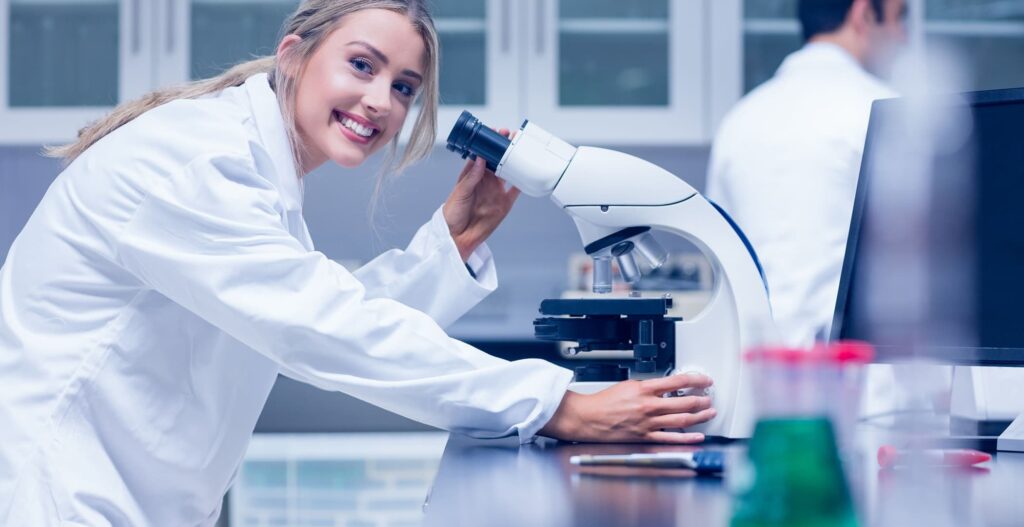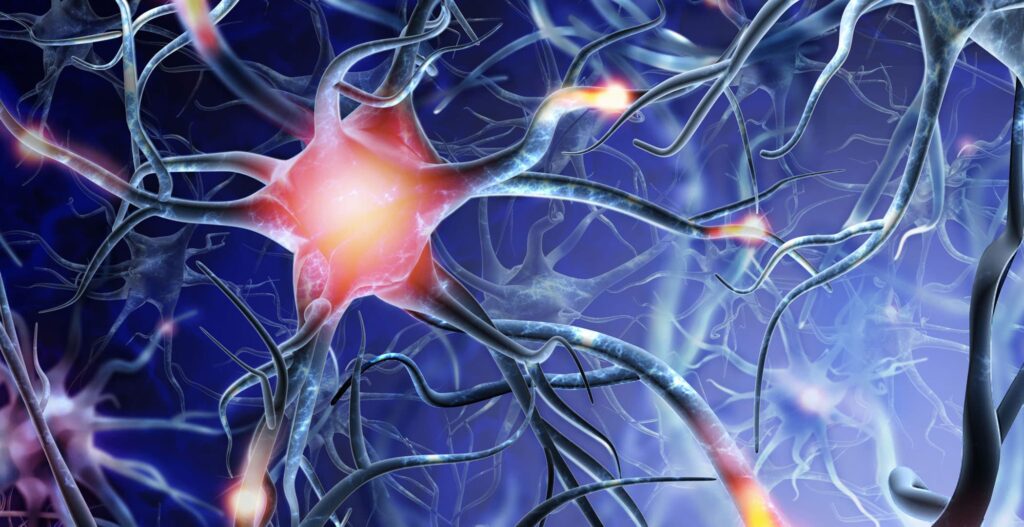We all remember the famous line: “But grandmother why do you have such a great mouth? …”. Well, today’s article is not a fairy tale and is rather about “noses” respectively an amazing sense of smell. Also, the character of interest is not a wolf, but significantly smaller – a roundworm or to be more specific the nematode (C. Elegans).
What happened at Yokogawa headquarter in Japan?
On February 16th, 2021 Yokogawa Electric Corporation and Hirotsu Bio Science Inc. (HBS) announced signing an investment and partnership agreement1. The goal of this new partnership is the expansion of the N-NOSE® cancer screening test from HBS. In this partnership, Yokogawa will manufacture and maintain the N-NOSE® automatic analysis equipment and further support the growth of the according to cancer diagnostic business – in Japan and globally.
What is so special about the N-NOSE® cancer screening test?
It is widely known that early detection of cancer increases the prognosis of treatment and ultimately survival for many forms of cancer. However, the challenge is having accurate, affordable diagnostic tests, which can be easily performed widely in the healthcare sector. Optimally such a diagnostic tool would detect many different types of cancer in a single test. Sounds almost impossible? Well, maybe we are back to the fairy tale, but with some good evidence, the solution to the above may be available in the near future with N-Nose®.
N-NOSE®: Just a drop of urine is needed
The N-NOSE® cancer screening technology uses the nematode C. elegans. A small (about 1 mm long) roundworm, which can be easily cultivated2. These nematodes have a highly sensitive olfactory sensory function allowing them to detect cancer from trace amounts of odorants in urine samples. Did you know that nematodes do have 1,5 times more olfactory receptors than a dog? The movement in reaction to substance stimuli (chemotaxis) of C. elegans is impacted by the presence of cancer-affiliated odorants in a urine sample. With a high probability, the nematodes are drawn to the urine of cancer patients. The smell of odorants in urine is attracting them. In contrast, they avoid (repulsion) the urine of healthy persons. So the smell of healthy urine is unattractive for them. That’s an amazing insight, isn’t it?

Urine samples are well accepted by physicians and patients and therefore widely used in today’s health care. The current HBS research found the roundworms capable to detect 15 different cancer types (stomach, colorectal, lung, breast, pancreatic, liver, prostate, uterine, esophageal, gallbladder, bile duct, kidney, bladder, ovarian, and oropharyngeal) in an early stage (0 or 1) with a probability of about 86%3.
Co-innovation in the cancer screening field
With that, a revolutionary, comprehensive and inexpensive cancer diagnostic option for patients of potentially all ages used in case of suspicion or during regular (cancer) check-ups is on the horizon. Yokogawa is proud to participate in the co-innovation of this new clinical cancer diagnostic technology and further contribute to human well-being.
Further Links:
- Yokogawa Press release
- N-NOSE® technology
- Based on data compiled by the Japanese Association for Cancer Prevention (June 2019), the Japan Society of Ningen Dock (July 2019), and the Japanese Association for Cancer Detection and Diagnosis (August 2019)
- Link to similar blog article: https://www.arcweb.com/blog/wider-use-cancer-screening-test-be-facilitated-yokogawa-hirotsu-bio-science-agreement




